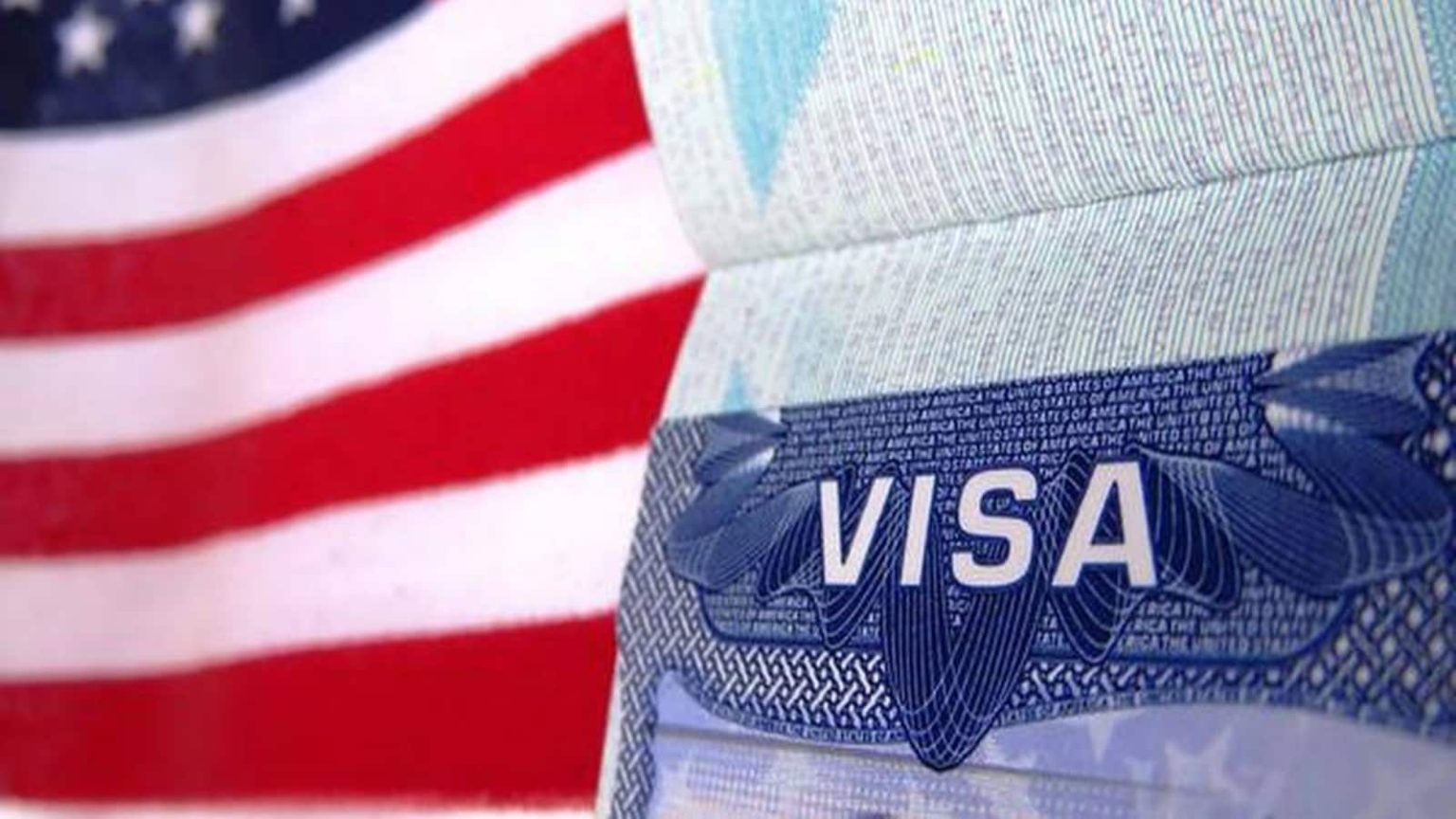The US embassy said the affected individuals and close family members “may be ineligible for travel to the United States.” The US announced on Thursday that it has revoked and denied visas for “certain business executives and corporate leadership” from India on charges of involvement in trafficking fentanyl precursors, though the US embassy declined to identify the affected individuals.
The revocation and subsequent denial of visas for the business executives and corporate leaders was done “in furtherance of the Trump administration’s efforts to keep Americans safe from dangerous synthetic narcotics,” the US embassy said in a statement.
There was no immediate response to the development from Indian officials.
This is the second time this year that the US has announced visa restrictions for Indian nationals. In May, the State Department unveiled visa restrictions on owners and officials of travel agencies in India for “knowingly” facilitating illegal immigration to the US.
The US embassy said Thursday’s actions were taken under various sections of the Immigration and Nationality Act, and the affected individuals and close family members “may be ineligible for travel to the United States.” The embassy said it was “flagging executives connected with companies known to have trafficked fentanyl precursors for heightened scrutiny if and when they apply for US visas.”
The US is unable to release the names of the companies and individuals, a spokesperson for the US embassy said. “The US embassy in New Delhi remains steadfast in its commitment to combating illicit drug trafficking. Individuals and organisations involved in the illegal production and trafficking of drugs to the United States, along with their families, will face consequences that may include being denied access to the United States,” chargé d’affaires Jorgan Andrews said.
In January, the US justice department charged two India-based companies – Raxuter Chemicals and Athos Chemicals – and Bhavesh Lathiya, a founder and senior executive of Raxuter Chemicals, with “criminal conspiracies to distribute and import fentanyl precursor chemicals” to the US.
A statement issued at the time by the justice department said Lathiya was arrested in New York City on January 4 and arraigned before the magistrate for the Eastern District of New York on these charges. The then US attorney general, Merrick Garland, said the companies and the executive “conspired to distribute and import fentanyl precursor chemicals from India to the United States and Mexico.”
The US justice department also alleged that the two companies sent chemical products to the US and Mexico using international mail and package carriers. To prevent detection of the chemical products at borders, the companies allegedly used “deceptive and fraudulent practices,” such as mislabelling packages, falsifying customs forms, and making false declarations.
The US embassy described stopping the flow of fentanyl and its precursors as one of Washington’s top priorities and expressed gratitude to the Indian government for its “close cooperation to combat this shared challenge.” The two governments can address this transnational threat only by working together, it said.
The Trump administration has issued several executive orders to secure the US borders, combat drug trafficking organisations, and “demand reform by source countries from which illicit drugs and precursor chemicals flow” into the US.
In May, the US imposed visa restrictions on owners, executives, and senior officials of travel agencies in India that “knowingly” facilitated illegal immigration, after deporting more than 300 Indians in three military flights. This was the first time Washington used military aircraft for such an operation. The US also deported some 50 Indians to Panama.



